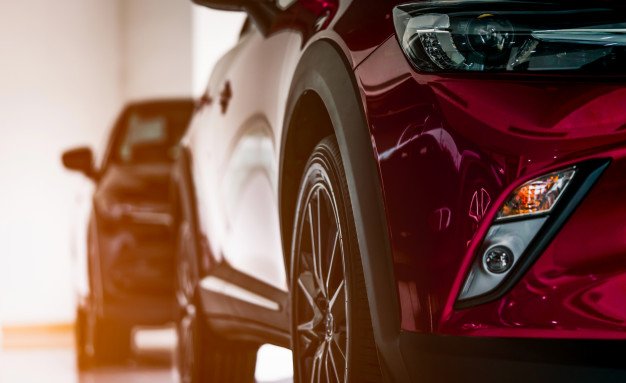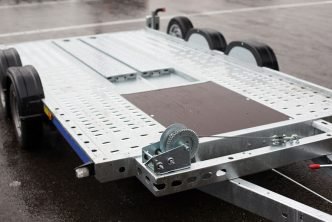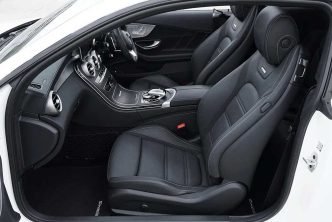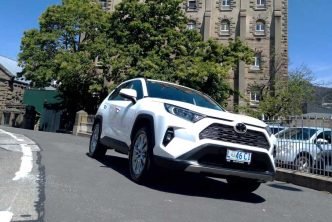Hybrid cars use more than one way of propulsion, meaning that for them to work, they are going to need an electric motor combined with a diesel or petrol engine. The primary benefits of hybrid cars are they require less fuel and discharge less carbon dioxide than typical diesel- or petrol-engined vehicles.
Table of Contents
The Different Types of Hybrid Cars
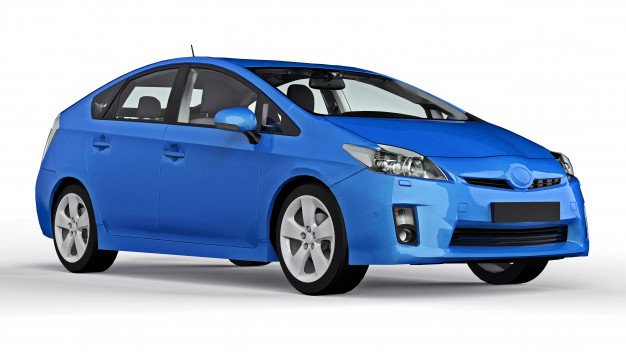
Hybrid cars are made with a typical engine, a battery, and an electric motor. There are three types of hybrid cars, each of which works differently.
-
Range Extender Hybrid Cars
Range extender hybrids use conventional engines only to generate electricity for a generator to recharge the batteries. The engine does not drive the vehicle and its only function is to generate electricity for the electric motor.
A well-known example of this type is the BMW i3 with Range Extender. Similarly, the Honda Jazz Hybrid utilizes an electric motor to aid their small traditional engines when needed.
Hybrids are classified as well as either mild or strong. This depends on how much battery power they possess. Strong hybrids with better battery capacity can drive farther compared to mild ones only on electric power.
-
Parallel Hybrid Cars
Parallel hybrid cars are the most common types of hybrids and a famous example is the Toyota Prius. The wheels of this car can be powered in three ways – by the electric motor only, by the engine directly, or by both working together.
Pulling away at a maximum speed of 15mph, the Toyota Prius gets power from the electric motor, which makes it economical for start-stop city driving. As speed goes up, the petrol engine is mostly used during hand acceleration.
When you use the brakes or decelerate, the regenerative braking system generates electricity and keeps it in the battery for later use. This process not only charges the battery but also helps extend the overall lifespan of the reconditioned hybrid battery. To ensure optimal performance and longevity of your hybrid vehicle’s battery, regular maintenance such as Hybrid Battery Service is recommended. The battery has enough size that the car can be powered by the electric motor for 1.25 miles.
Toyota utilizes this system as well in its other models, such as the Prius+, Auris, and Yaris. Other car brands that work similarly include Volkswagen, Audi, Porsche, BMW, Peugeot, Citroen, Mercedes Benz, Land Rover, and Lexus.
-
Plug-in Hybrid Cars
As the name denotes, plug-in hybrid cars can be plugged into an electric outlet to recharge the batteries. These cars may have traditional engines, but they have bigger batteries compared to other hybrids. This means they can run longer distances, like thirty miles, even with only electric power. There are now more and more plug-in hybrids available in the market, such as the Volvo V60 and the Mitsubishi Outlander.
The Advantages of Hybrid Cars
When it comes to the performance, driving a hybrid car is just like driving a typical automatic car. A lot of strong hybrid cars have an option of power modes, from eco to power, allowing you to select maximum performance or efficiency depending on the conditions of driving.
There is no problem with ranging anxiety and you will not require a charging point as hybrid cars can charge their batteries. Even though the tax advantages of hybrid car ownership are not as significant as before, company drivers still pay lesser taxes compared to drivers of diesel. or petrol-engine cars.
Should You Purchase a Hybrid Car?
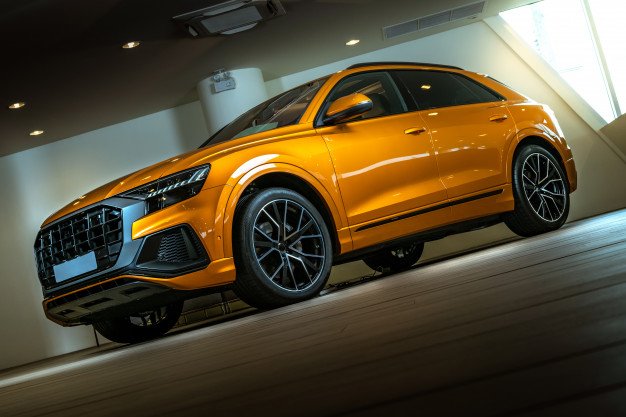
A hybrid car is ideal if you are going to do most of your driving within your town. This is because you will enjoy most of the advantage of driving on electric power only, which is essentially free travel.
If you do short trips often and don’t really need the added versatility of a hybrid car, then an electric car better suits you, which gives zero tailpipe emissions and affordable urban travel.
Meanwhile, if you drive a lot of miles frequently, then it’s better to get a diesel car. It has better chances of providing you with a better fuel economy compared to a hybrid as fast A-roads and motorways are the kinds of roads where hybrid cars are the least effective.
The Most In-demand Hybrid Cars
If you do decide to get a hybrid car, then check this list of the most picked hybrids in the past few years:
- Mitsubishi Outlander PHEV
- Audi Q5 TFSIe
- Toyota Yaris Hybrid
- Mercedes C-Class C300 h
- BMW 530e
- Volvo XC90 T8
- Toyota Prius
- Honda CR-V Hybrid
- Skoda Superb iV
- Hyundai Ioniq

